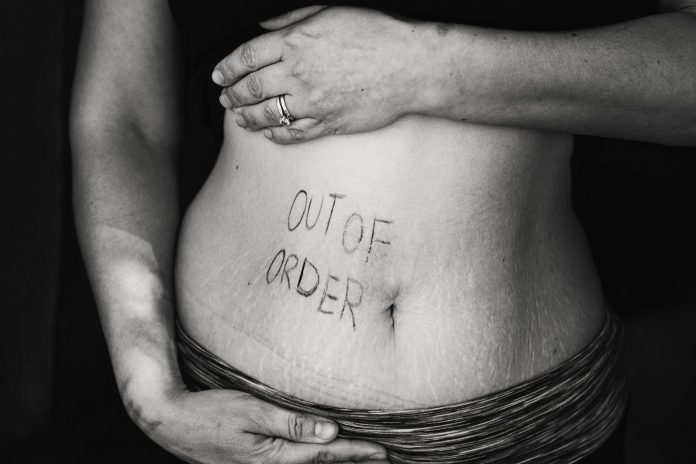The first time I heard of PCOS was when I enrolled in a health program a few years ago, where it was discussed that the program can help naturally manage this condition. I usually hear this from moms who are having difficulty conceiving. Other than that, all I know is that PCOS is a condition that women have. So what is it really?
I was privileged to learn about what it is and what to do about it through a very accommodating Obstetrician-Gynecologist, Dr. Ada Angela A. Cabrera.
What is PCOS?
Polycystic ovary syndrome is a hormonal disease that affects women of all ages. It is depicted by disturbances in the woman’s menstrual cycle, presence of male hormone elevations physically presented as acne, alopecia, or hirsutism (male pattern hair growth), with or without evidence of polycystic ovaries on ultrasound.
What are the usual signs or symptoms of a woman with PCOS?
- Obesity;
- Comedonal acne;
- Hyperpigmentation in certain areas of the body; and
- Excessive hair growth in a male-pattern such as the upper lip, chin and neck, upper chest, abdomen, thighs, back, and upper arms.
How can PCOS be diagnosed?
Diagnosis can happen anytime during a woman’s reproductive lifespan, meaning from the moment she starts having her period, all the way to menopause.
What are the complications that may be caused by PCOS?
The complications of PCOS are vast and troublesome. The usual concern of a reproductive-aged woman with PCOS is infertility. With menstrual disturbances and ovulatory dysfunction, it is common for them to be infertile. Other complications of PCOS are metabolic disorders such as diabetes, and cardiovascular disease, such as hypertension. In the end, the usual concern of these diseases is their propensity to lead to cerebrovascular accident or stroke.
What are the medications? Can it be cured?
PCOS has no cure. It is a lifelong disease commonly referred to as “from womb to tomb.” Symptoms are controlled by pharmacologic treatment but more importantly, lifestyle changes such as diet and exercise for weight management.
Because it is a lifelong disease, it is important for any woman who experience any of the symptoms to be seen by a gynecologist once they are detected. For adolescents less than 8 years after menarche, the fear of a transrectal ultrasound is eradicated by the new guidelines that state that there is no longer a need to demonstrate polycystic ovaries.
First-line treatment for PCOS is most commonly a combination oral contraceptives (estrogen and progesterone) combined with supplementary treatments like metformin and other anti-androgen medications. For those concerned about infertility, the first-line treatment is letrozole, followed by clomiphene citrate with metformin.
It is of course important to remember not to self-medicate, and to consult your OB-Gyne.
What must women with PCOS remember?
It cannot be stressed enough that even if there is no cure for PCOS, it is imperative for it to be treated, and that lifestyle modification is actually more important than pharmacologic treatment alone. A healthy lifestyle comprised of healthy eating and regular physical activity should be recommended in all those with PCOS, in order to not only maintain a healthy weight but also to optimise hormonal outcomes, general health, and quality of life.
Thank you to Dr. Ada Angela A. Cabrera for sharing your time with us. For those who are interested, she holds her clinic in Paranaque Doctors Hospital, The Premier Medical Center, The Medical City SM Sucat, and Healthway Festival Mall.





